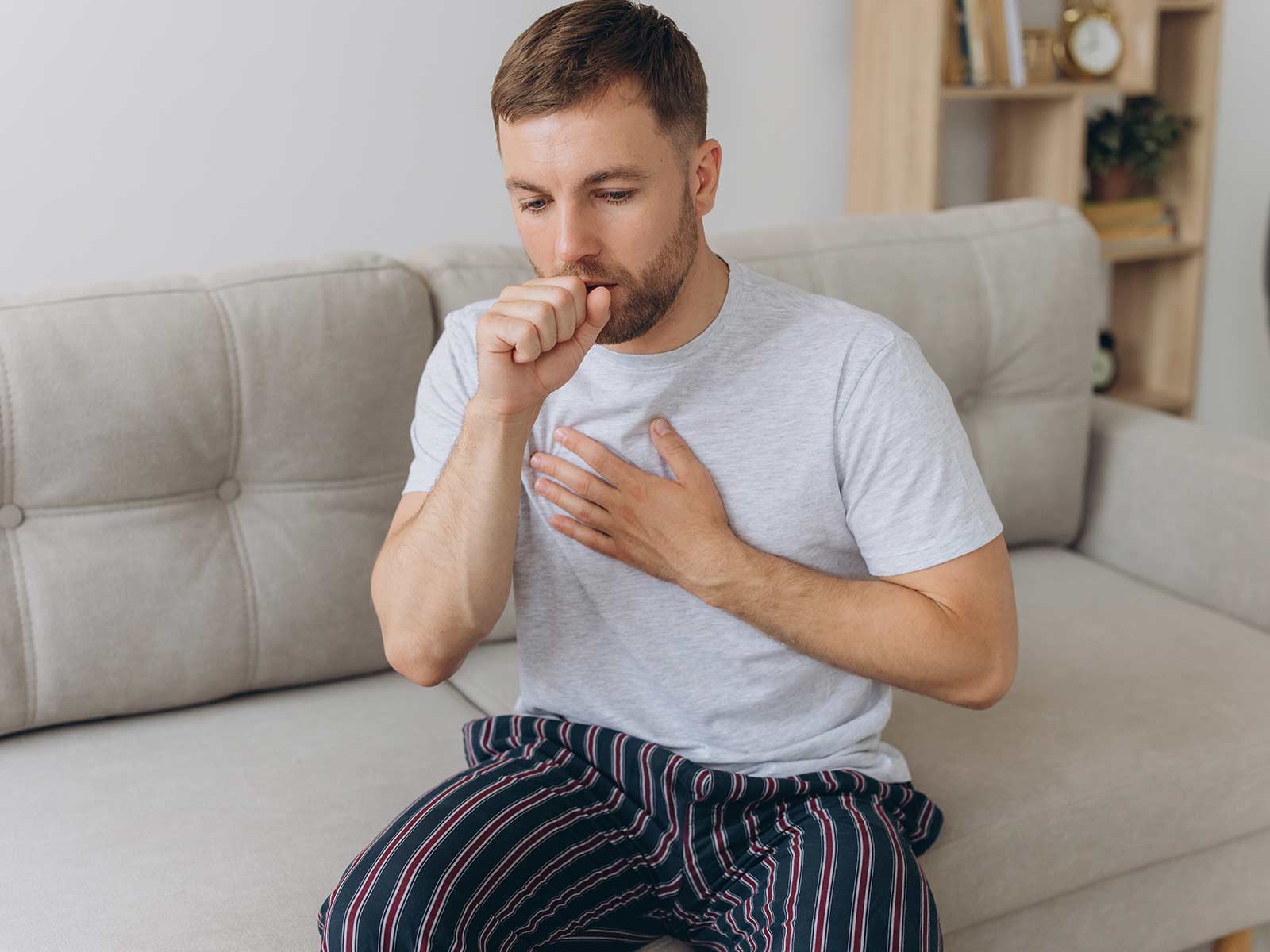
An esophagus stricture is an elongation of the esophagus or tube of muscle which pushes food and fluid through your mouth into your stomach. This kind of constriction usually comes about as the scar tissue or chronic inflammatory cases get built up thereby bringing into the mix slowness/ painfulness in the act of swallowing or even pain. Earlier diagnosis and treatment will enable you to eat more easily and shun complications.
The symptoms start mildly and become oblique with time. Watch for:
Esophageal stricture is a complication of prolonged irritation / damage of the esophageal mucous membrane. Typical causes of it are:
Houston, our GastroDoxs gastroenterologists have esophagoscopic strictures. We offer modern innovations in endoscopic dilation and minimal invasive treatment to our patients combined with the advantages of individualized with caring service. You may enjoy the advantage of same day or next day appointment, early-advanced treatment options and a staff that is committed to repair your easy swallowing and level of life. Get no slurs by the rag-book and stake your consultation now.
We've successfully treated more than 677 patients, helping individuals improve their digestive health and overall well-being through expert, personalized care.
With over 20 years of experience, GastroDoxs has been a trusted provider of gastroenterology care, focusing on delivering the best outcomes for patients
Stricture of esophagus can be used to describe a thinening esophagus that can be caused either by some scar tissue or by inflammation that can make swallowing a difficult process.
Strictures are usually acquired in an esophagus due to persistent acid reflux (GERD) though it can be brought about by certain medication, by radiation therapy or by the consumption of harsh chemicals or by eosinophilic esophagitis.
Endoscopy is performed normally to view the esophagus, an X-ray using a barium swallow to establish what the esophagus is, or both.
K22.2 is the code of esophagus stricture under ICD-10.
Yes. The Strictures primarily are caused by the existence of scarring tissue in the esophagus, which causes long term acid reflux.
Not always. Endoscopic dilation where the management of acid is effective can help or do away with the state of many individuals.
No. Dilation is performed through the aid of sedation and once discharged, most of the patients have less complaints of discomfort.
The sessions vary in number. Some patients have to have only one treatment and some patients repeat the dilations as they wish to have an open esophagus.
One should see a gastroenterologist as soon as possible due to painful eating, food in the chest, and losing weight without a proper explanation.
You will find high-quality individual GI care close to your house and have a choice of whether to have your appointment the same day or the next day, be treated in the most consistent and up-to-date manner, and be assisted in a friendly manner during this trip at GastroDoxs.